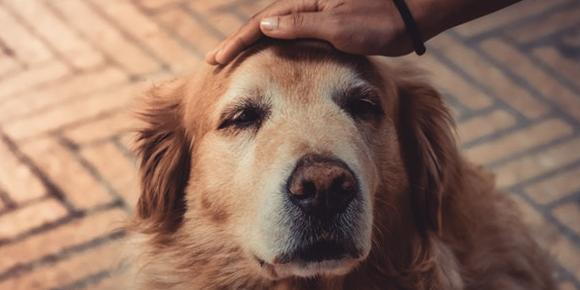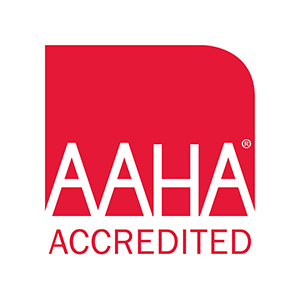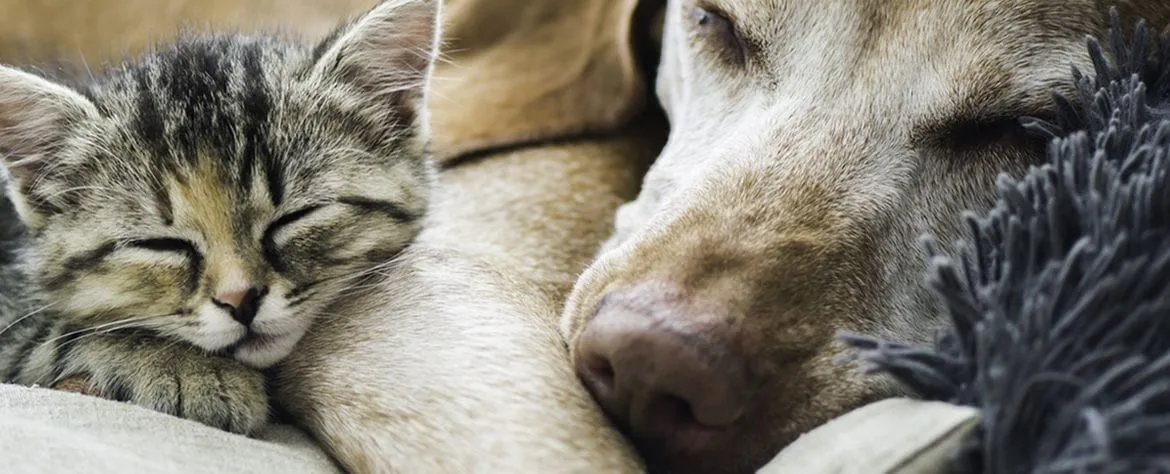
Puppies and younger dogs are adorable, fun ... and a lot of work. From frequent feeding to potty breaks at all hours of the day and night, bringing a pup into your home can be exhausting - but rewarding.
If you want to add a new furry family member, but all that puppy energy just isn't for you, then older dog adoption might be the answer for you.
Welcoming Older Dogs Into Your Home
What's considered an older or senior dog?
Dogs are often categorized as seniors when they reach a certain age, but that's not an accurate way to tell if they are old. It really all comes down to the breed of the dog because the aging process is different for every dog.
For example, smaller-breed dogs hit their "senior" years later than large or giant-breed dogs. The American Animal Hospital Association (AAHA) states that a dog's life has four stages:
- Puppy
- Young Adult
- Mature Adult
- Senior
What You Should Know About Adopting
Whether your older dog comes from a rescue, shelter, or a direct rehoming from a family or a friend, the most important thing you can do is allow your new family member the time and space to get familiar with their new home.
Be consistent, kind, and patient while your new furry friend learns the ropes.
Here are five ways to welcome an older dog into your home:
Potty Training In A New Home
By the time a pup is a senior, they're already house-trained. That was in their previous home, though, not their new one. When a dog is in a new place unfamiliar to them, they may have a few accidents while getting acclimated to their new surroundings. Be patient and give them time to figure it all out.
Keep meal and walking time consistent so they can get on a regular schedule.
Give Your Older Dog Their Space
If you already have pets in the home, it's not a good idea to toss your new older doggo into the mix and let them "sort it out" amongst themselves. The new and the old will need guidance and supervision to ensure the safety of all your pets.
Use baby gates to keep your new family member in a separate area where they can still see and smell their people and other pets, but without being able to touch them. This will help your old doggy adjust to their new roommates and keep everyone safe.
Change Your Dog's Diet Gradually
Most adopted dogs that come from shelters and rescues will be sent to their new home with a small supply of food to last a few days until you decide on the brand of dog food you're going to buy to maintain their diet and health and your budget.
Whatever food you decide to purchase, don't rush the change. The key to a no-hassle switch is to add small amounts of new food to the old and wait to see how your doggy responds.
Not all dog food brands can be eaten by every dog, just like there are types of food, you have to avoid because of allergies. Don't get so hung up on what you want your dog to eat, and think about what they can eat.
If you're adding supplements to your pet's food, make sure you're doing that gradually as well. Contact your vet if you have questions about what your dog should or shouldn't have in their diet.
Don't Rush Affection
When you bring your senior doggo home, the first thing you might want to do is smother them with love and affection. You may also let them get away with bad behavior because you feel bad for the rough life they have had previously.
Set boundaries up front and be consistent. If you don't want your old dog lying on the furniture, or rushing the door when someone comes over, be consistent when you're reinforcing those behaviors. As mentioned before, baby gates are great for allowing your senior dogs to get used to their surroundings. Teach children and others in the household to respect the dog's personal space because the doggy may have been through some trauma and needs space and time to settle in.
When you've found the puppers you want to add to your family, always ask the shelter for any background on the dog, such as trauma, destructive behaviors, biting, etc.
Schedule Routine Vet Visits
When adopting a senior pet, getting a checkup at the vet is the first order of business to get a baseline of their health and wellness. As dog's age, they tend to get ailments as humans do, such as:
- Arthritis
- Cataracts
- Patchy Fur
- Dry Skin
Taking your older dog to the vet will help them stay healthy as they get older. Keep in mind that some of your new pet's health problems could be related to stress. Stress from living in a shelter or rescue to stress from moving to a new home.
Bringing a senior dog into your home to live out their golden years is a wonderful thing to do; for you and for your doggo.
Schedule a Health Check-Up for Your Senior Dog Today!
Is your dog showing signs of aging? If so, it's essential to ensure they remain as healthy and happy as possible. At the Phoenix Veterinary Center, we offer comprehensive senior pet care and geriatric medicine in Phoenix, AZ, and the surrounding cities. Our team can conduct a variety of laboratory tests to determine the health and condition of your aging pet. We can also prescribe various medications to help your dog live a long and healthy life.
To schedule a consultation with our senior pet care team, contact us today at (602) 559-5500 or send us a message online. A team member will answer your initial questions and help you book an appointment with one of our experienced and professional Phoenix veterinarians.



